This article is part of “Grace in Glitter: The Sacred Art of Drag,” an Unbound Column exploring the spiritual and religious lives of drag performers around the world. Drag artists often use fluid pronouns regardless of presentation. In this article, our subject will be referred to as she/her.
Every morning, drag queen Heklina began her day with a quiet moment of prayer and reflection.
“I pray for God to help me to go about my day clean and sober, to go about my day without anger, to be a man among men, and to do one kind thing for the day,” she said.
For decades as part of her 12-step recovery program, that was her daily rhythm and how she connected with her higher power. Not only did this morning ritual bring her peace, but it began to transform her everyday life.
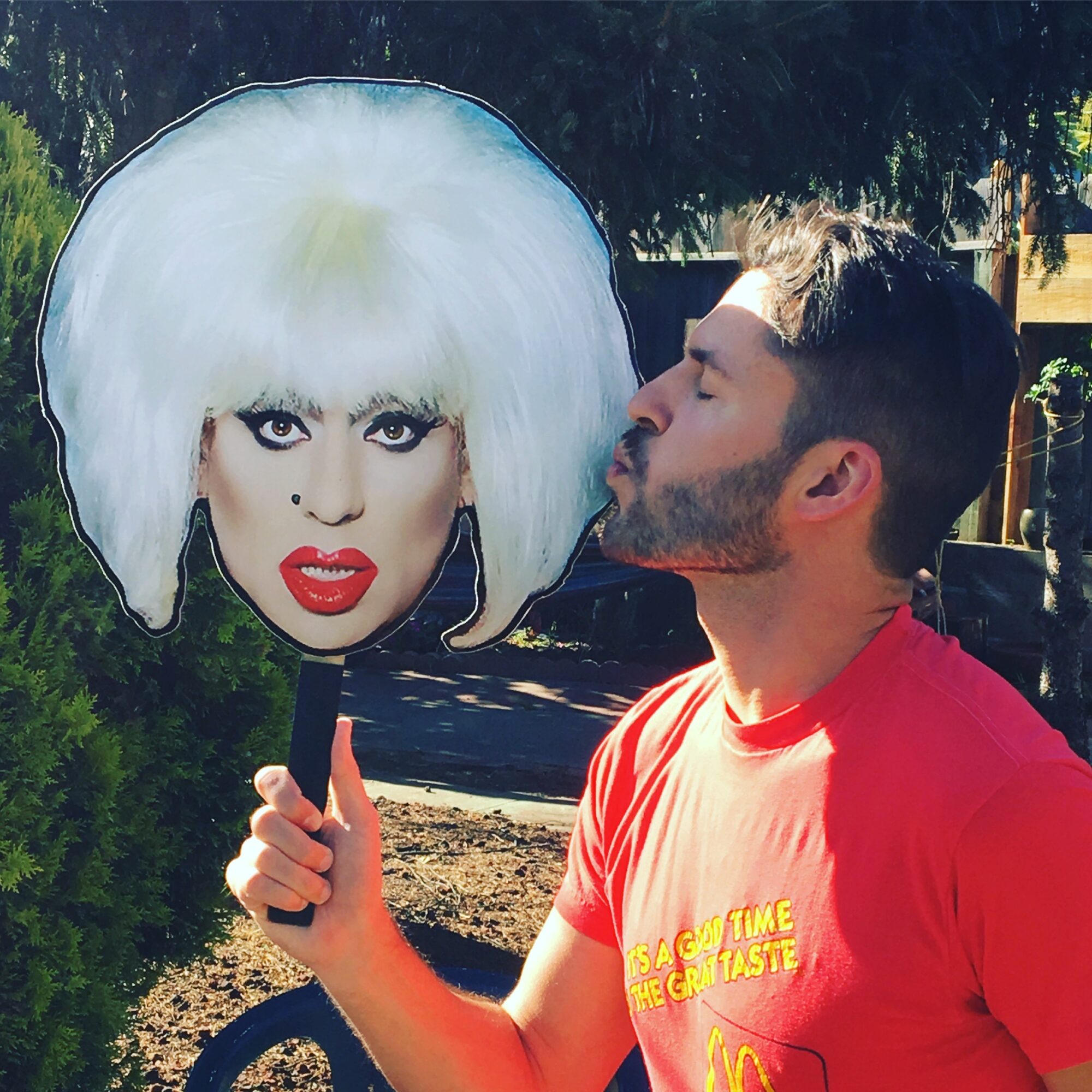
“I used to carry around all this resentment towards people, so [my sponsor] suggested I pray for the happiness of everyone I was angry at. It seemed to be the thing I wanted to do the least, but when I started, I got rid of a lot of my anger. And after a few weeks, I started to mean it.”
Prayer helped Heklina think differently—which is exactly what she asked her audiences to do through her drag performances.
I interviewed Heklina on March 3, 2023, exactly one month before she unexpectedly died at the age of 55 while launching a new drag show in London. Her sudden death was devastating, not only to the San Francisco drag and LGBTQ community, but to people all over the world. From her edgy, defiant nightclub acts to her campy portrayal of Dorothy Zbornak in “The Golden Girls LIVE,” she was a drag icon who transformed the art-form and influenced queer artists everywhere.
Born as Stefan Grygelko in Minneapolis, Heklina moved to San Francisco in 1991. After a few years of dabbling in drag, she launched her own Tuesday night show at a local nightclub. She never worked a traditional job again and didn’t look back.
“I never fit in with authority and the ‘legitimate’ world,” she said. “And I’m real thankful to whatever power it is that put me on that path.”
Heklina (a name inspired by the Hekla volcano in her mother’s home country of Iceland) wasn’t raised in a religious home and came from a background that didn’t have a lot of rules. When she did encounter Christianity through some extended family members, she found it judgmental and close-minded rather than liberating. Eventually, she discovered her own spiritual freedom through her AA recovery group, while at the same time, her punk rock roots invited her to push against the systems and structures that were keeping people down, something that was especially vital during the AIDS crisis that killed 20,000 people in San Francisco alone.
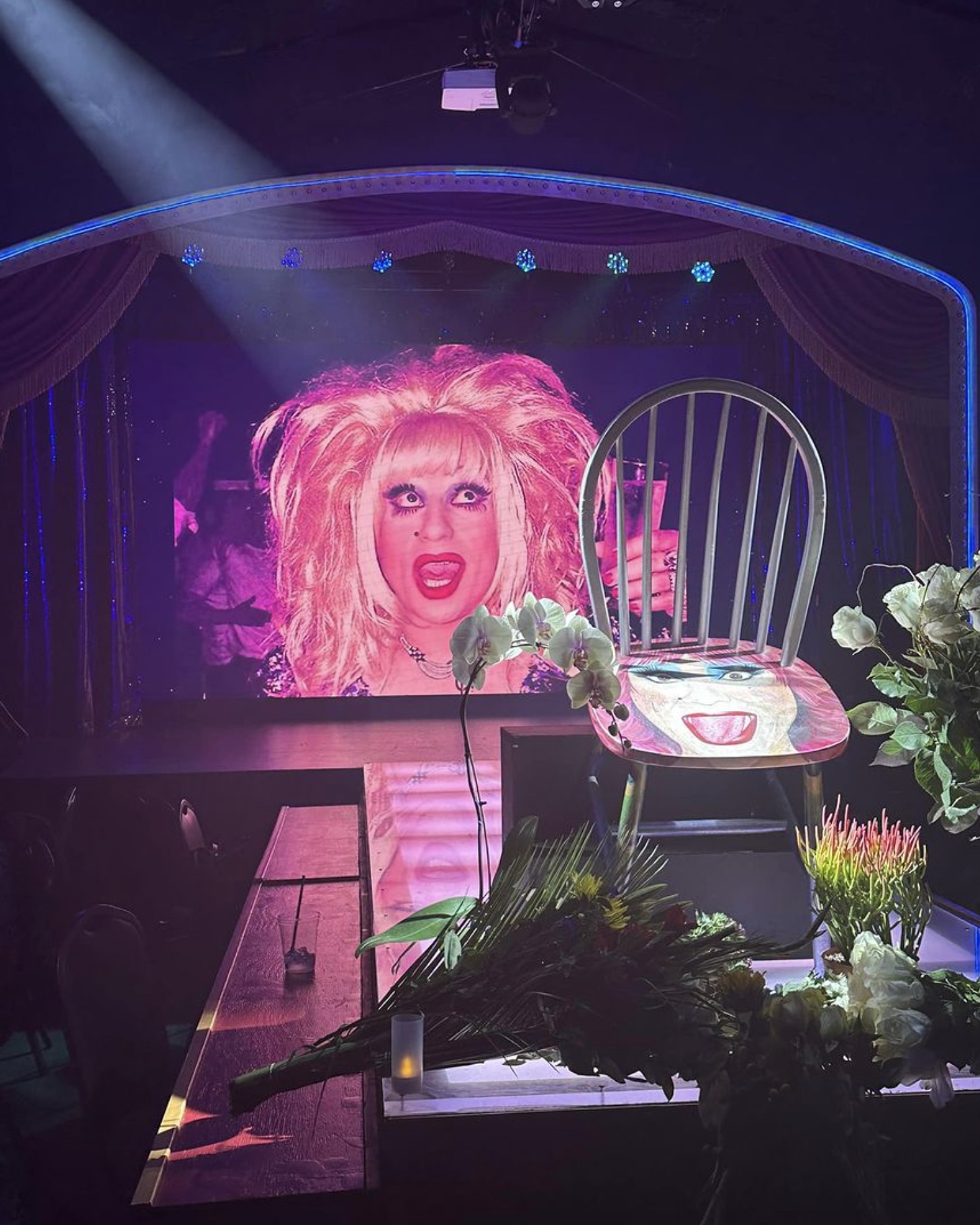
“When I was coming of age [in the 80s], everyone around me was dying and we were fighting for our lives,” she said. “Drag was political. You were doing shocking performances. Drag should be dangerous and subversive. Drag should have its finger on the pulse of what’s happening in the world.”
Years later in 2023, we’re hearing echoes of that era as political leaders threaten to roll-back the rights of the queer community. As of this writing, there are over 400 anti-LGBTQ bills making their way through legislatures across the country with many of those bills specifically targeting trans youth and healthcare. At least fourteen states have introduced legislation that limits and criminalizes certain types of drag performances.
Standing strong and pushing back against this has become more important now than ever. Like a transformative morning prayer ritual, drag performances give us strength and courage to see the truth of our world in all of its beauty, comedy, pain, and terror. Rather than being something that divides us, drag art can actually bring us together.
I asked Heklina what she wanted people to learn from her performances, which were famously outrageous and transgressive.
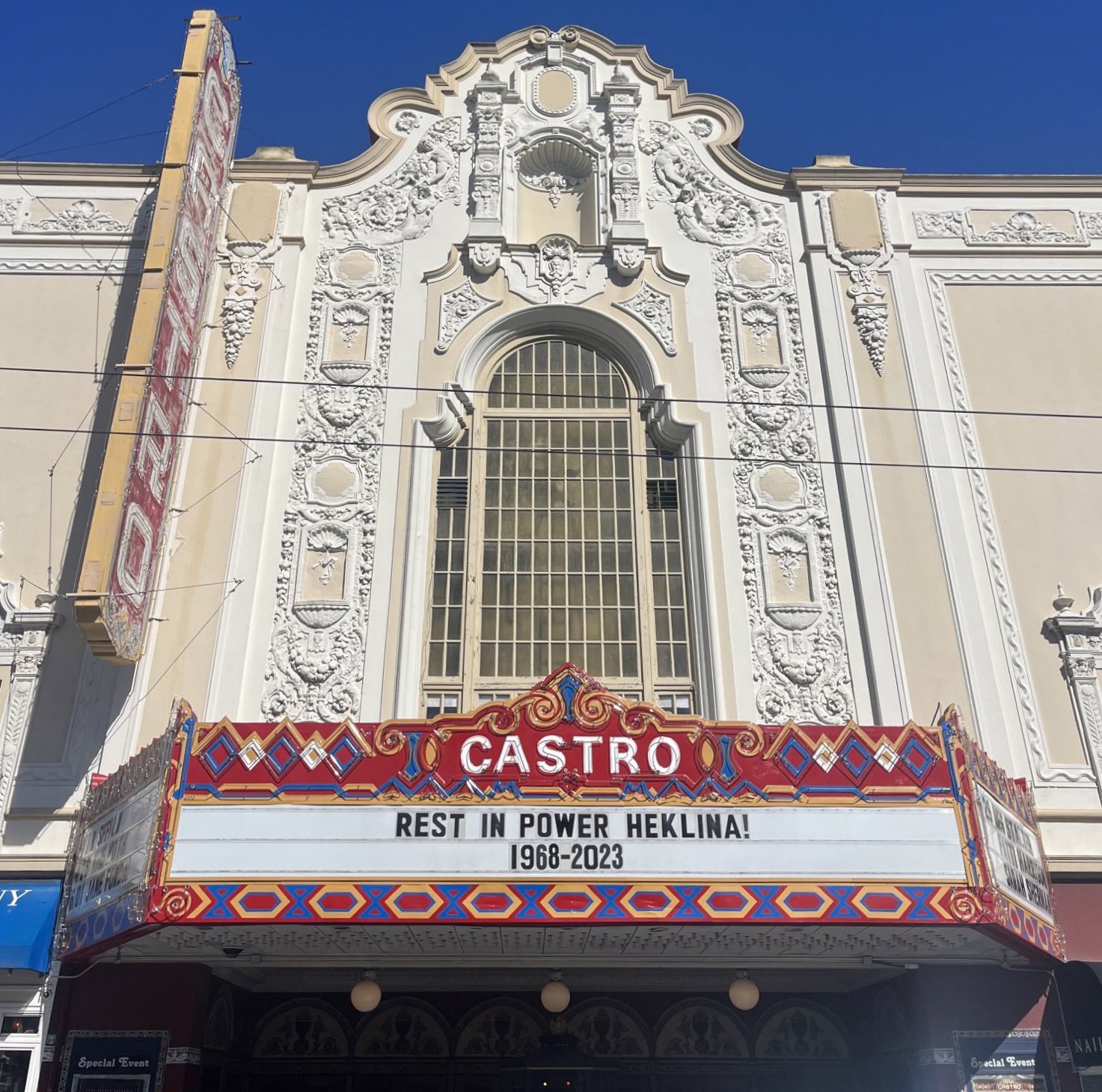
“Don’t let yourself be lied to—and THINK,” she said. “Let’s learn how to talk about things like people used to. It’s OK to disagree with someone. There is such a tendency to write people off, but I feel that we can be united.”
Beyond her prolific artistry, perhaps Heklina’s greatest legacy is how she created spaces for others to grow and thrive—not just as artists, but simply as people. In 2015, she co-founded Oasis, San Francisco’s premiere drag nightclub, which is where I first met her. Even though I only played small parts in shows and cabarets, she still knew my name and always made me feel at home.
After talking with her, I can’t help but think that what I felt—a deep warmth and sense of home—comes from her profoundly grounded spirituality.
“There’s no way I’m the center of the universe,” she said, chuckling. “There is something higher than myself. Sometimes it is the ocean, sometimes it is a connection I have with an audience. I still don’t have a clear sense of who it is, but when I let go and I turn my life over, I feel it.”

Sam Lundquist is the Associate Pastor at St. John’s Presbyterian Church in San Francisco. He is dedicated to reimagining Christian worship & community and making the city more connected, creative, and caring.

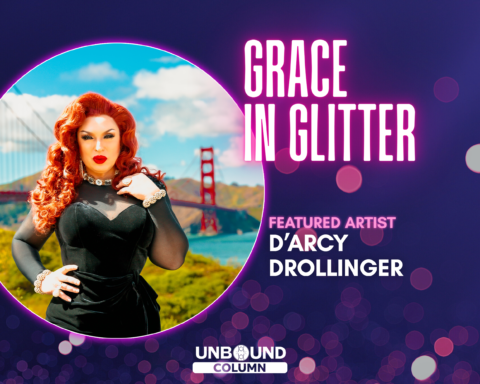
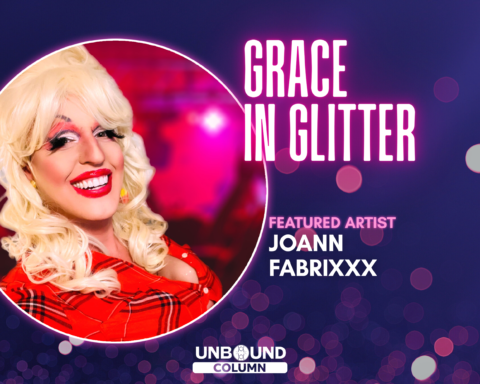
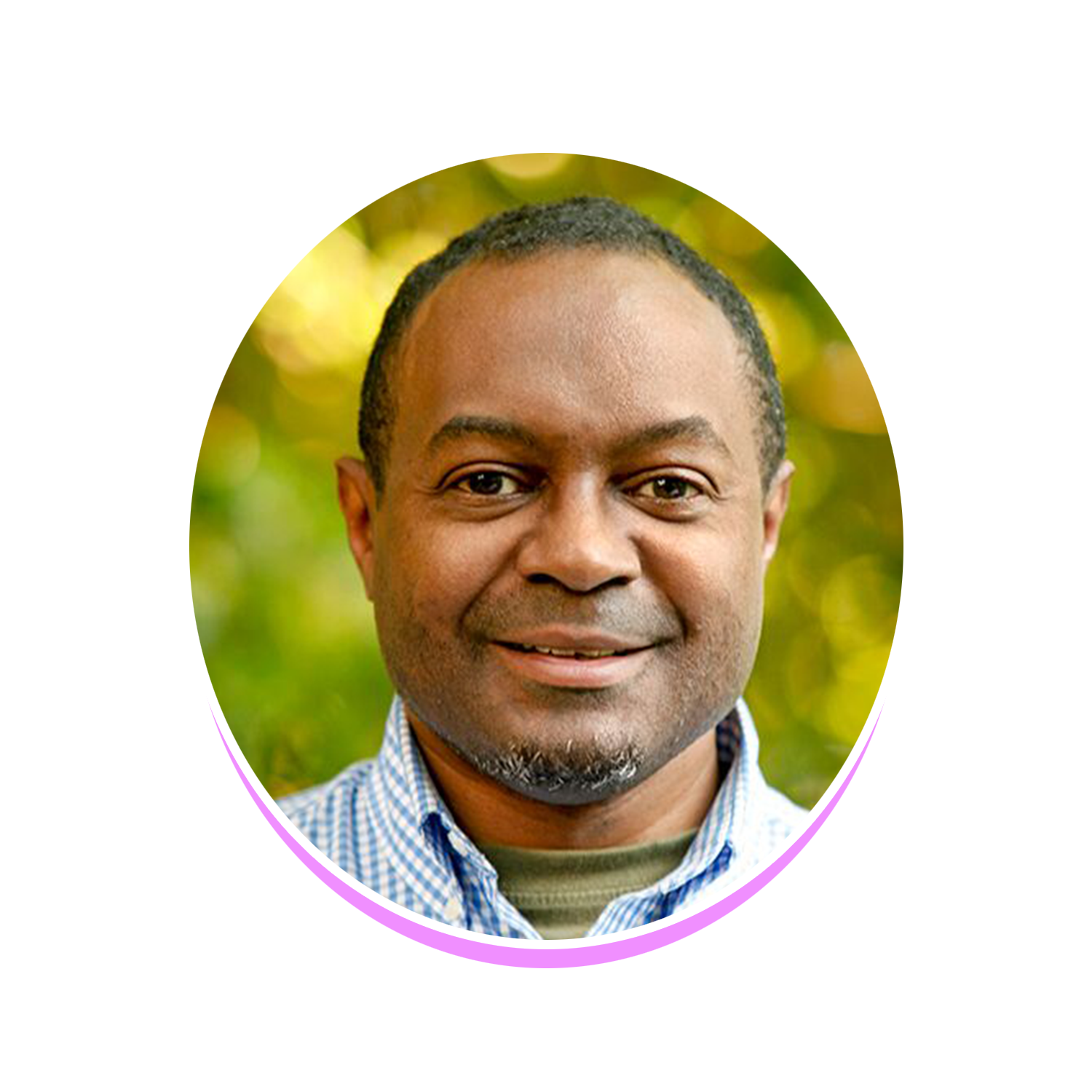
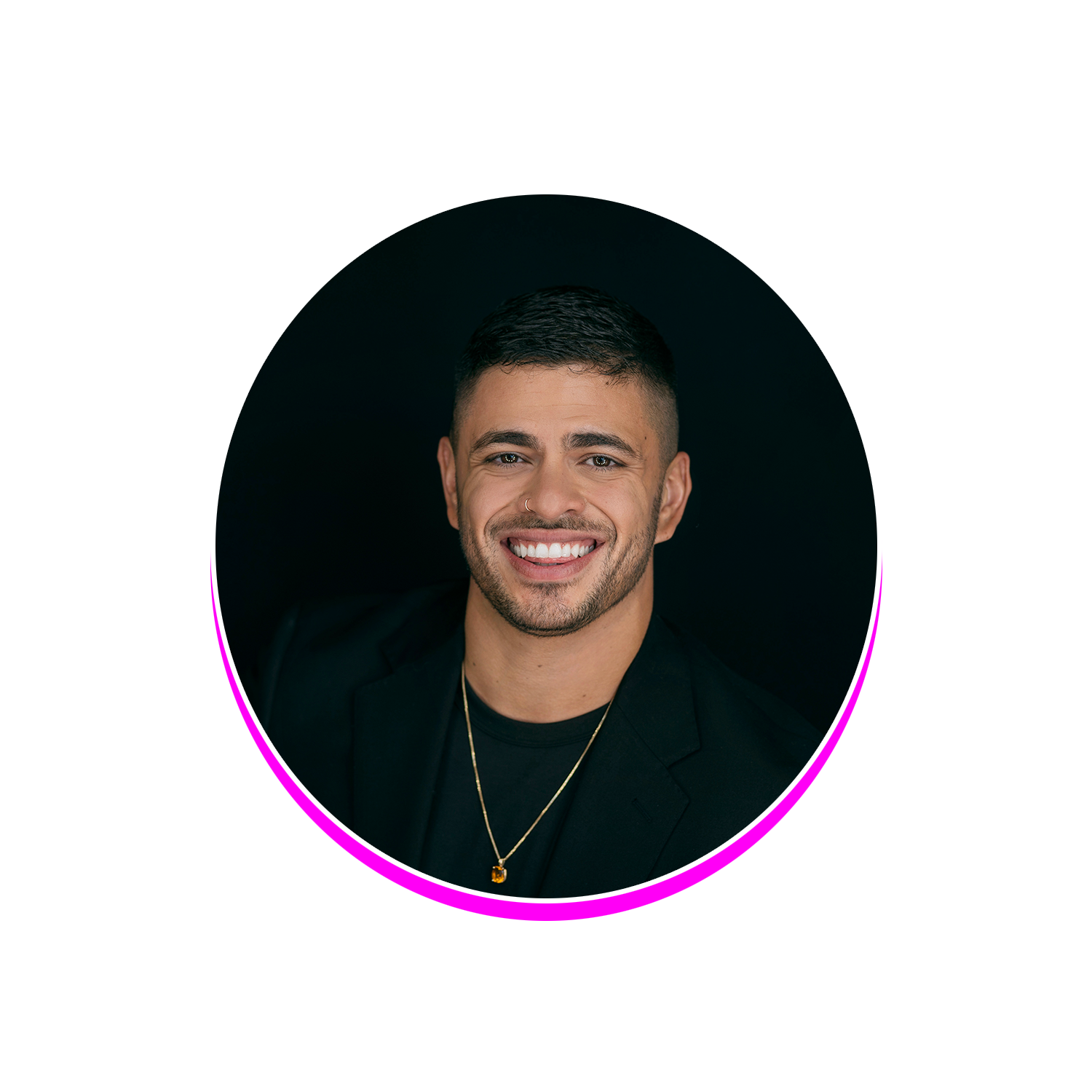
Unbound Social